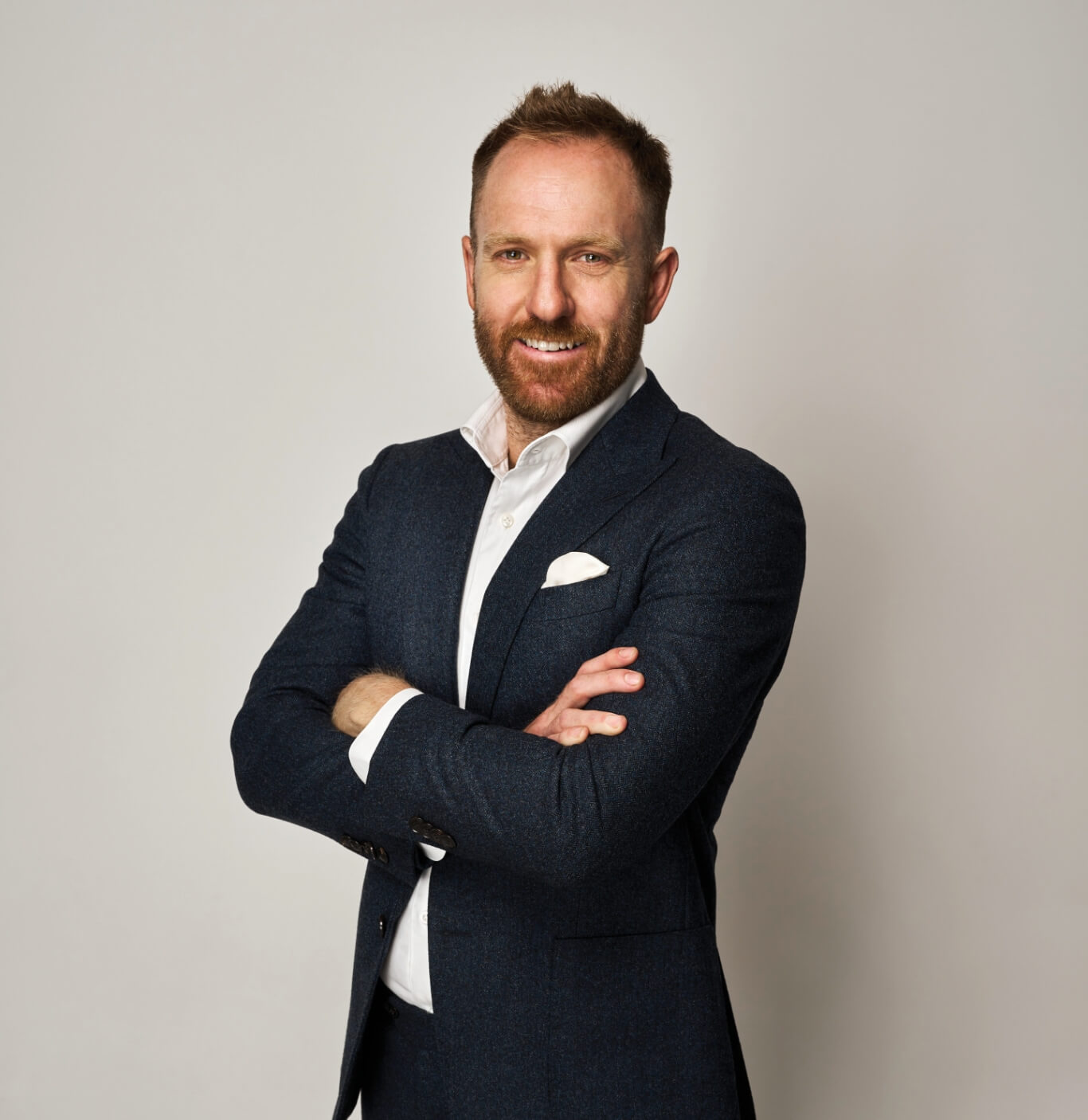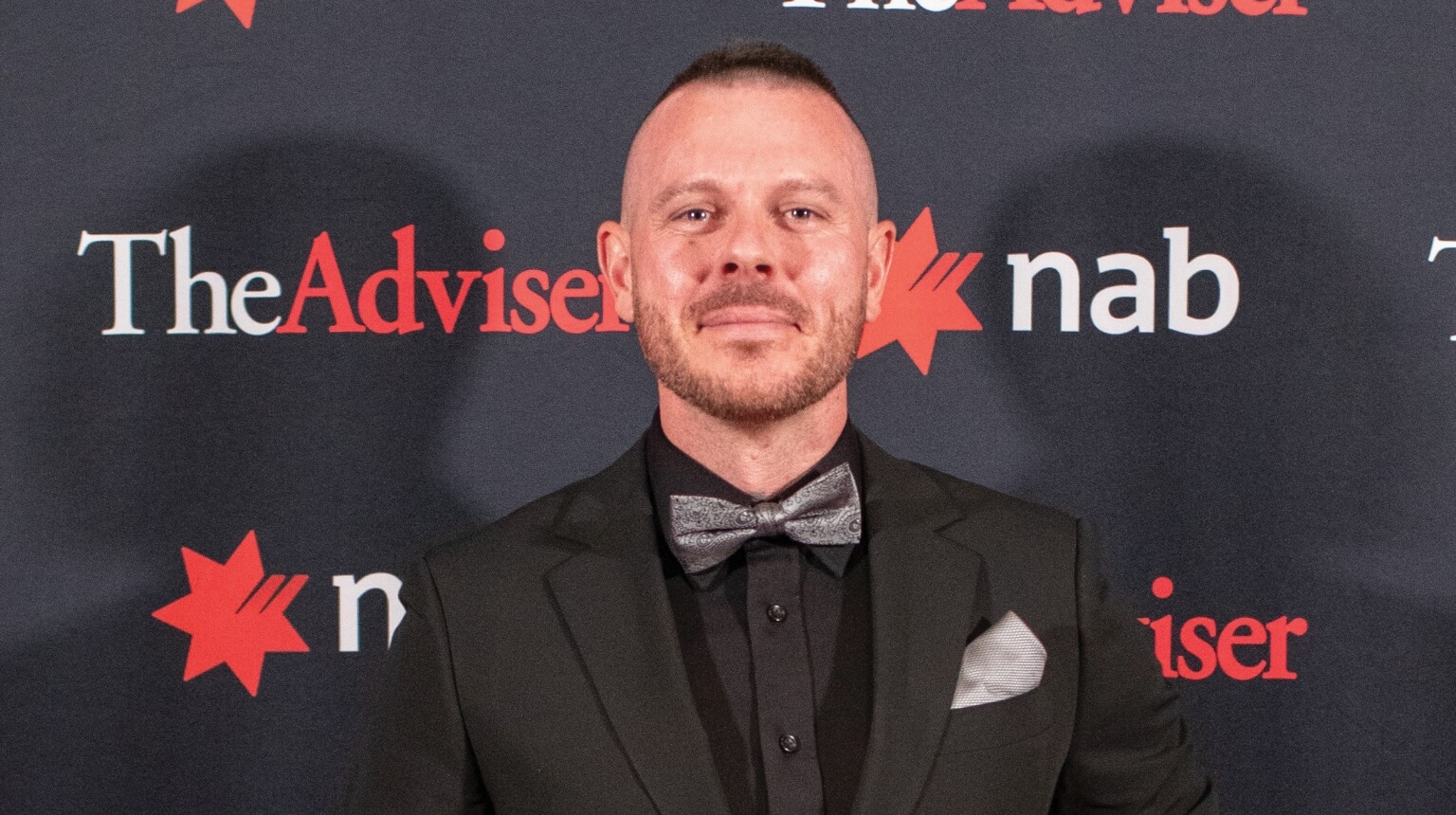Q. What made you pursue a career in broking?
IIn 2012, I’d been a financial adviser for five years. I needed a new firm to go to because I wasn’t happy where I was and I ended up joining a financial advice, mortgage broking, and buyer’s agents business that gave property and mortgage advice and financial advice.
I was the financial adviser and I started doing meetings with mortgage brokers.
I realised: “God, this is fun talking about property.”
Q. Why did you start your own brokerage rather than joining an existing one?
It was a bit ignorant and probably arrogant, if I’m being honest! You think it’s going to be easy and you can just have a crack at it.
The first two or three years were really hard, particularly doing two different skill sets – financial advice and broking. I just always wanted to build things and do it my own way.
Q. How do you approach client conversion?
I have a team that helps me onboard clients – our client relations team.
We also have a strategy team. These are all people that have usually come from a financial planning or accounting background. We’re using all the learnings we had from financial advice and using those learnings to help people make good property and mortgage decisions.
It’s not, for example, just printing out a doc and saying: “Right, here’s a recommendation.”
It’s saying: “This is your situation. These are the different scenarios you’re considering. These are the pros and cons. This is your credit scorecard that we built.”
We’re giving clients making those decisions confidence that we’ve thought through all the different elements to it, rather than just rushed out and got a good product and rate.
Q. What are the benefits of taking a team approach to handling clients?
A lot of brokers think they have to be the go-to person. I don’t believe that. Clients want the outcome, whether they get that all through you or they get that through a team of people who are specialists at different parts of the process.
What they really want to know is that they can trust everyone across the business and if something does go wrong, you can step in.
Q. What would you change about the broking industry?
I think the broking industry… has to move away from being a sales industry – about selling bank products – into something called a trusted adviser profession… we will naturally have to do this because technology will force it to.
This is also what the advice world has had to do. While there has been a halving of the advice world, everyone who has stuck around is invested in the long-term future of it and they’ve actually asked: “How can I deliver advice that’s highly valuable and I can charge a fee for it?”
While I don’t want to say the end of commissions will come for broking, I think the brokers need to do a lot more than just facilitate, validate, and provide loans.
For the broking industry, it’s an exciting challenge. If they have to become a trusted adviser profession, clients will need to go to a broker because they really want to help think through their decisions. That puts a big moat around the broking industry.
Q. What’s the best thing about being a broker?
We are actually in a very good industry because of not only the way that it’s structured in terms of how we’re paid. We’re also an industry that’s really changing people’s lives and we’re able to help people without having to charge them money.
The broking industry isn’t just giving people loans – it’s helping people buy houses and homes and make great financial decisions that will really change their lives.
Q: What advice would you give new brokers?
If you’re a new broker in the industry, you have a blank canvas in front of you.
So, I wouldn’t be building a brokerage for what works in 2025. I’d be building a brokerage of the future and looking at taking advantage of the shift towards AI. That would be my first thing.
Also, I’d be improving my education. Not so much around bank products and how to get loans through banks. You can outsource that in time and lean on people who know.
Don’t try to reinvent the wheel. Try to improve your skill set around having those difficult conversations and helping people make big decisions.
Those are the skills that are highly valuable and those are the skills that when clients experience will go: “I’m not going to go anywhere else. I’m going to come back to you because I trust you and you gave me some really good advice and then I’m going to refer to you.”




